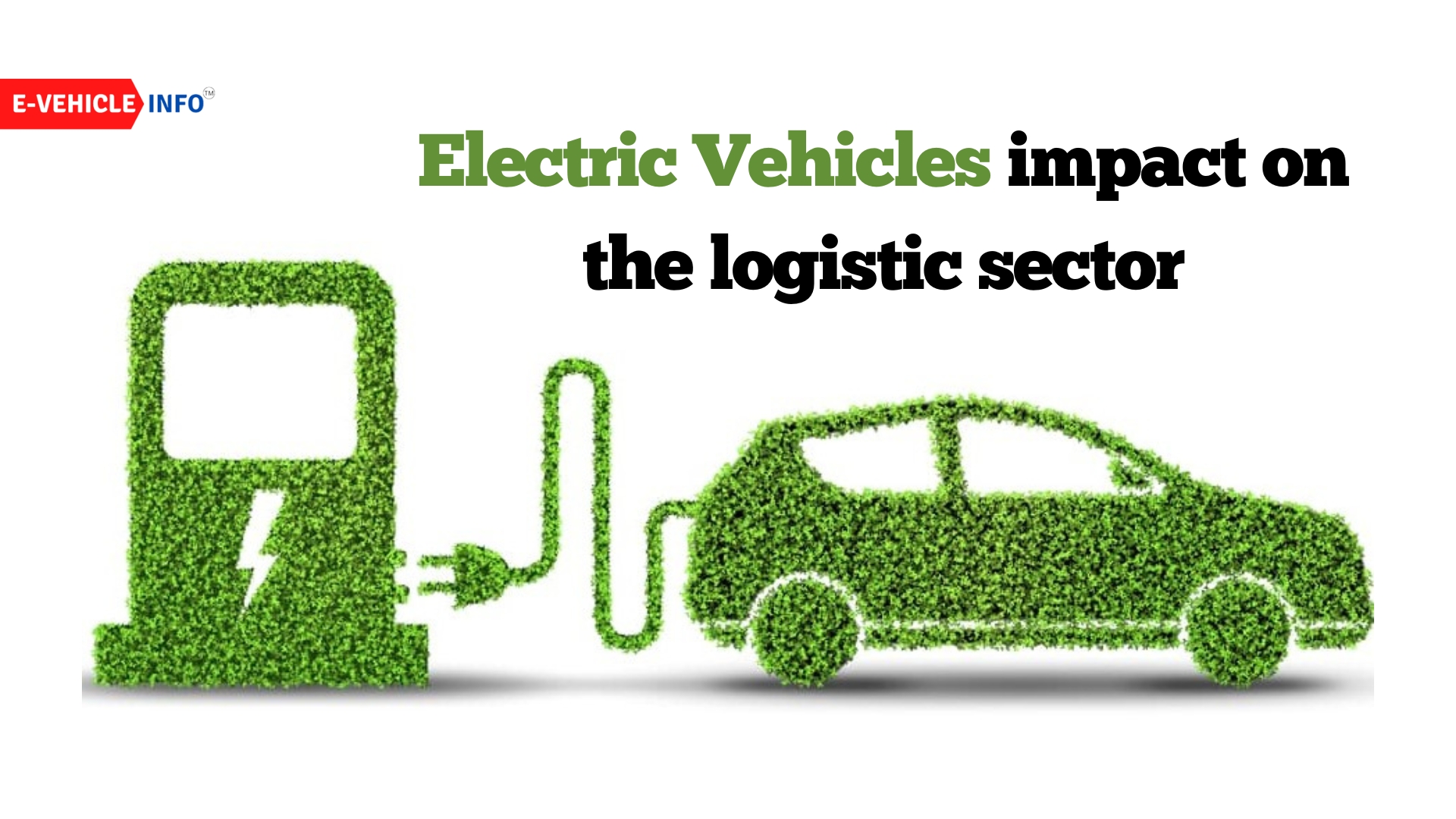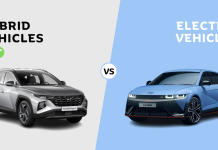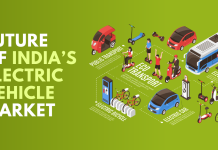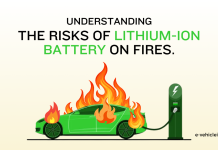 Whenever you hear the word Logistics, names like Ecom Express, Ekart, Blue Dart, Delhivery, etc. Pop up in your mind due to their relentless services we are able to enjoy the e-commerce products at our houses. They are the backbone of the economy by 2025, they are anticipated to provide a staggering 30% of the total revenue for the logistics sector. Indian 3PL (3rd Party) logistics firms are a crucial component of the e-commerce industry.
Whenever you hear the word Logistics, names like Ecom Express, Ekart, Blue Dart, Delhivery, etc. Pop up in your mind due to their relentless services we are able to enjoy the e-commerce products at our houses. They are the backbone of the economy by 2025, they are anticipated to provide a staggering 30% of the total revenue for the logistics sector. Indian 3PL (3rd Party) logistics firms are a crucial component of the e-commerce industry.
Now you must be wondering why we are talking about logistics amidst electric vehicles. You will be surprised to know that today over 30 companies globally are now entering the electric vehicle logistics segment to make their fleets and operations sustainable and reduce their carbon footprints.
Table of Contents
Why use of EVs is crucial for Logistics Industry
The TCO (Total Cost of Ownership) of EVs is significantly declining as a result of the government enacting new regulations and using cutting-edge technologies in the industry. The new battery swapping method views the batteries as a separate entity, allowing energy operators to own them. This approach adds to the upfront expense of EV use, especially for the intra-city logistics sector. The sales of EVs in India will increase as a result of this.
Environmentally responsible
The largest source of hazardous gas pollution in the environment is ICE road transportation. In order to successfully address the environmental concerns brought on by ICE vehicles, electric mobility in the logistics industry will play a significant role.
Higher Fuel Cost Savings
EVs save operating costs and greenhouse gas emissions. With gasoline prices rising steadily, EVs have shown to be a great substitute for ICE cars in terms of energy and cost savings.
Low Maintenance
EVs, demand less upkeep and service assistance. The expenditures associated with oil changes, spark plug replacement, gasoline tanks, pumps, and other maintenance items reduce the amount of maintenance necessary. Electric vehicles are more easily implemented in the logistics sector thanks to the ease with which new technology may be added to EVs.
Lower Costs for Last Mile Logistics
EVs are seen by supply chain organizations as more cost-effective options for last-mile logistics. EVs’ straightforward design makes it easier to integrate modern technology for fleet tracking and optimization. Logistics expenditures for last-minute deliveries are reduced with proper tracking and optimization.
Easier Electric Vehicle Tracking and Analysis
For fleet operations, it is simple to keep track of important information regarding EVs and their batteries. The software and sensors in the electric car logistics can track information about the lifetime, battery health, charging, and discharging.
Assistance with Governmental Initiatives
The largest contributor to greenhouse gas emissions is the logistics industry. This necessitates the switch to EVs.With this shift, the logistics industry also saves on the cost of importing fuel, lowering import costs. The national and state governments both frequently roll out new programs and regulations to support electric vehicles for the logistics industry. The Fame India program is specifically designed to promote the purchase of electric vehicles by offering incentives for EV purchases. The plan intends to give EVs the infrastructure they need for charging as well.
ICE Vehicles and Cost-Benefit Analysis (CBA)
Despite having a higher initial cost than their internal combustion engine (ICE) equivalents, electric two-wheelers, buses, and three-wheelers are becoming more and more economical as they scale up.
Keep the end user and operator benefits in mind
The total cost advantages of the asset-light choices for intra-city transportation vehicles, such as three-wheelers, two-wheelers, and LCVs, are valued by both the operator and the passengers/end users. By offering straightforward, worry-free configuration and ownership options, OEMs and EV companies are reducing the complexity and uncertainty of potential EV buyers.
How will EVs help in combating the Environment?
Accelerating India’s transition to fleet electrification through EV deployment can aid in lowering the 15 million tonnes of nitrous oxide, 500 kilograms of particulate matter, and 10 gigatons of carbon dioxide emissions produced by the logistics and transportation sector. In a few decades, it can also reduce our reliance on oil by at least 950 million tonnes. Even though the proportion of EVs in the logistics industry is very low, electric vehicles have been able to make a name for themselves in the Last-Mile Delivery segment thanks in large part to faster deliveries, shorter distances, and fixed-route characteristics that fit electric vehicles that are currently on the market very well.
The EV revolution is unavoidable and we are witnessing global companies entering the market to achieve the goal of sustainability.






